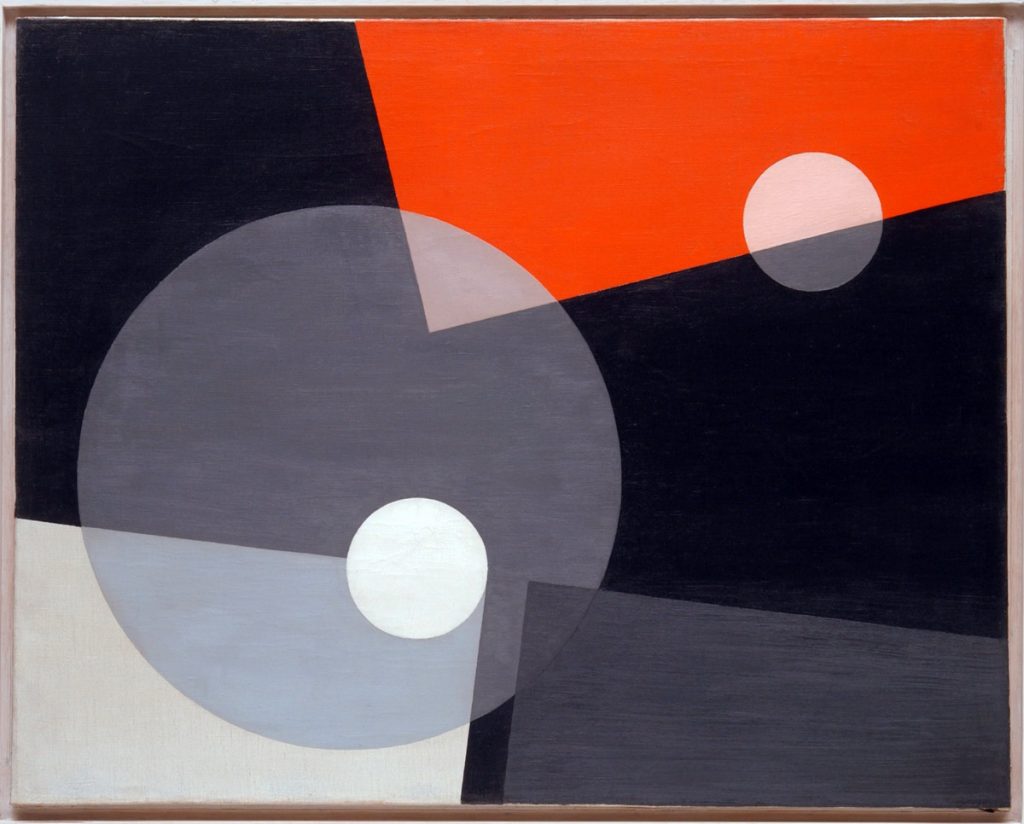
Viewpoint is proud to co-sponsor the Rome Conference on Communism, taking place in the eternal city from January 18-22, 2017. The conference entails a series of roundtable discussions with major figures in the history, practice, and theory of communism, as well as workshops bringing together younger activists and militants. In accordance with Viewpoint’s project to uncover forgotten left histories and prompt critical thinking about revolutionary possibility in our own conjuncture, we offer the following interviews with key conference participants, originally published in the Italian magazine Il Manifesto, as a way for our readers to engage with some of the ideas circulating at the conference, even if from afar. We wish to thank our translators and Riccardo Antoniucci for making the texts available to us in advance of the conference.
Reinventing Communist Politics | Sandro Mezzadra
Migration showed me, along with feminism, the strategic importance of “difference”; strategic in organizing the relations of domination and exploitation; but also strategic as a construction of the politics of liberation as well.
Feminism, Reproduction, and Communism | Morgane Merteuil
It seems to me important to grasp the contradictions that capitalism induces in subjects as so many incentives to rethink which “emancipation” we are fighting for – that is to say, if it is a question of “emancipating” oneself, individually, or of attacking the relations of domination and exploitation in service of a collective emancipation.
The Communist Desire to Change the World – and Ourselves | Étienne Balibar
I want to give a strong sense to the phrase “communist desire.” Communist desire is the motor of communist engagement, without which there is no communist politics. In some way it is an unfulfillable desire because it is boundless, yet it is possible to think it in “materialist” terms.
Communism as a Continuing Constituent Process | Toni Negri
The problem is understanding which behaviors, levels of organization, and capacities of expression the new proletariat has. Because, when we say “there is no solution except revolution,” we say something that is at this point banal. The problem is not knowing if it is necessary, but rather knowing how it is necessary and how it is possible.
 Viewpoint Magazine
Viewpoint Magazine